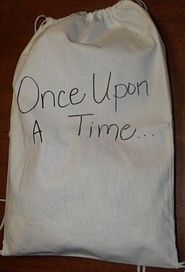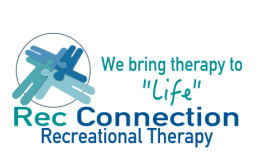
Good communication skills can go a long way. It's important that one fosters a child's communication skills from an early age. In Training Communication Skills in Young Children by: Carolyn Uhlinger Shantz and Karl E. Wilson they discuss the effects of appropriate communications skills in the long term. Some of these effects include healthier relationships, less use of physical violence, lower blood pressure, and advanced career development opportunities.
With simple games and family traditions one can encourage their kids to use their verbal communication skills to express themselves. As they say, with practice comes perfection. So, practice this skill all you can!! Building your child's vocabulary as well as teaching them to feel comfortable sharing feelings and opinions will go a long way throughout their lives.
With simple games and family traditions one can encourage their kids to use their verbal communication skills to express themselves. As they say, with practice comes perfection. So, practice this skill all you can!! Building your child's vocabulary as well as teaching them to feel comfortable sharing feelings and opinions will go a long way throughout their lives.
Here are some great ideas to bring more communication skill practice into your home:
- Aided Story-telling: Use a bag or box filled with objects or words to help aid your child in building a story. (if you use plastic toys you can even play this in the bathtub). Take turns adding to the story with other family members. It's a great way to include siblings of many ages or even grandparents into a game. Be sure to switch up when you find inside the bag, to keep the stories fresh.
- "Best, worst and for me": This game is amazing for emotional development as well as building empathy skills. During a chosen time of the day (before going to bed or during dinner-time for example) have your family describe the best moment of their day, the worst part of their day, as well as something someone has done for them. This is a wonderful opportunity to discuss feelings and how to deal with those feelings in healthy manners. Plus, the added "what someone did for me" helps kids to recognize that aiding others is important and it encourages them to do things for others in the long-term.
- "Changing the ending": This exercise is great for learning to deal with other's inputs. Have your child tell a story and then re-tell it, changing the ending. They can play this with their friends or siblings too. It's important to encourage participants to be open to the changes others make, which at times can be hard. If you want to push it a step farther you can ask participants to choose a favorite ending at the end of the game or ask them to compliment each other's endings.

 RSS Feed
RSS Feed
